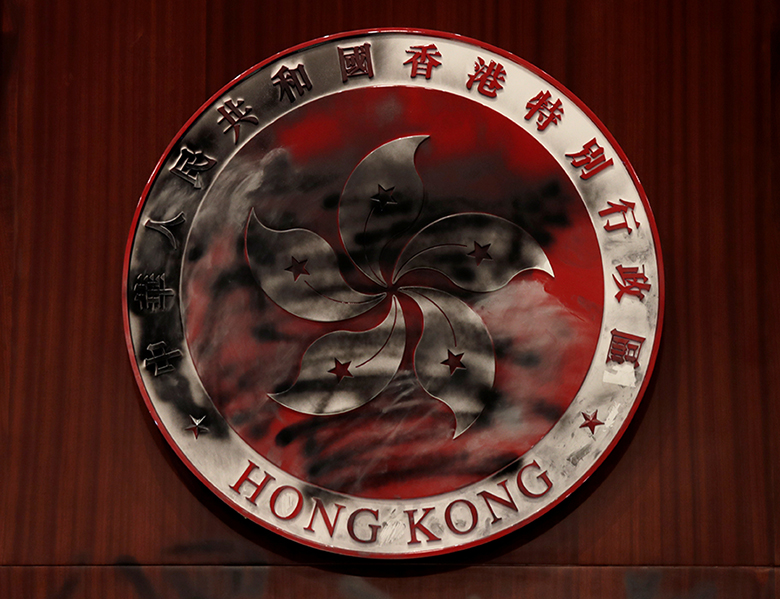Hong Kong has suffered a torrid 18 months. A year of riots was followed by a pandemic and, most recently, Beijing’s move to impose a new national security law.
Many experts have called time on a fascinating, freewheeling, and above all fun city. It was, they said, the beginning of the end. Beijing would undermine the legal system – a key reason why banks and investors trust the place – at will and at whim.
Hedge funds would flee to Tokyo or, more likely, low-tax Singapore, which would also mop up the city’s private banking industry. And heaven help banks like HSBC, reliant on profits generated in Hong Kong and mainland China, caught in the crosshairs.
But are things really so bleak?
In truth, it’s hard to see Hong Kong losing its status as Asia’s chief hedge fund hub. Eurekahedge reckons 420 such funds are based in the city, managing assets of more than $90 billion – or more than Singapore, Japan and Australia combined.
At least six hedge funds opened new offices in Hong Kong in the first half of 2020, Jack Inglis, chief executive of the Alternative Investment Management Association, tells Euromoney.
His colleague Kher Sheng Lee, the industry group’s co-head of Asia, says Hong Kong “continues to be a beacon of light in the industry. From our vantage point, we don’t see a whole lot of exits taking place.”
Lee, who is based in Singapore, should know.
Singapore is strong on fintech and great on private banking. But capital markets? Not so much.
The idea of investment managers relocating to high-tax Tokyo, with its pile of rules and lack of foreign language speakers, seems even more of a stretch.
Endurance
Three reasons ensure Hong Kong will endure.
First, it is China’s gateway to the world, and the conduit through which global investors, via the Stock and Bond Connect schemes, buy mainland securities. It is a set-up that benefits both sides.
Second, Beijing will view with a gimlet eye any investment manager that flees Hong Kong – only to then lodge an application to set up an office in Shanghai or Shenzhen.
And third, because against all odds, its capital markets are doing cracking business. Outside the US, no other global bourse in the first half of 2020 completed more IPOs (53) or raised more capital via all public offerings ($34.12 billion) than the Hong Kong Stock Exchange, according to Dealogic.
Some of these are New York-listed mainland firms who, keen to tow the party line and increasingly wary of hawkish US regulators, see Hong Kong as a desirable and acceptable financial buffer zone between China and the world – which it is.
Is Hong Kong in a tough place? Yes. Has it been here before? Yes.
But is it dying? Very probably not.


 Signal2forex.com - Best Forex robots and signals
Signal2forex.com - Best Forex robots and signals




